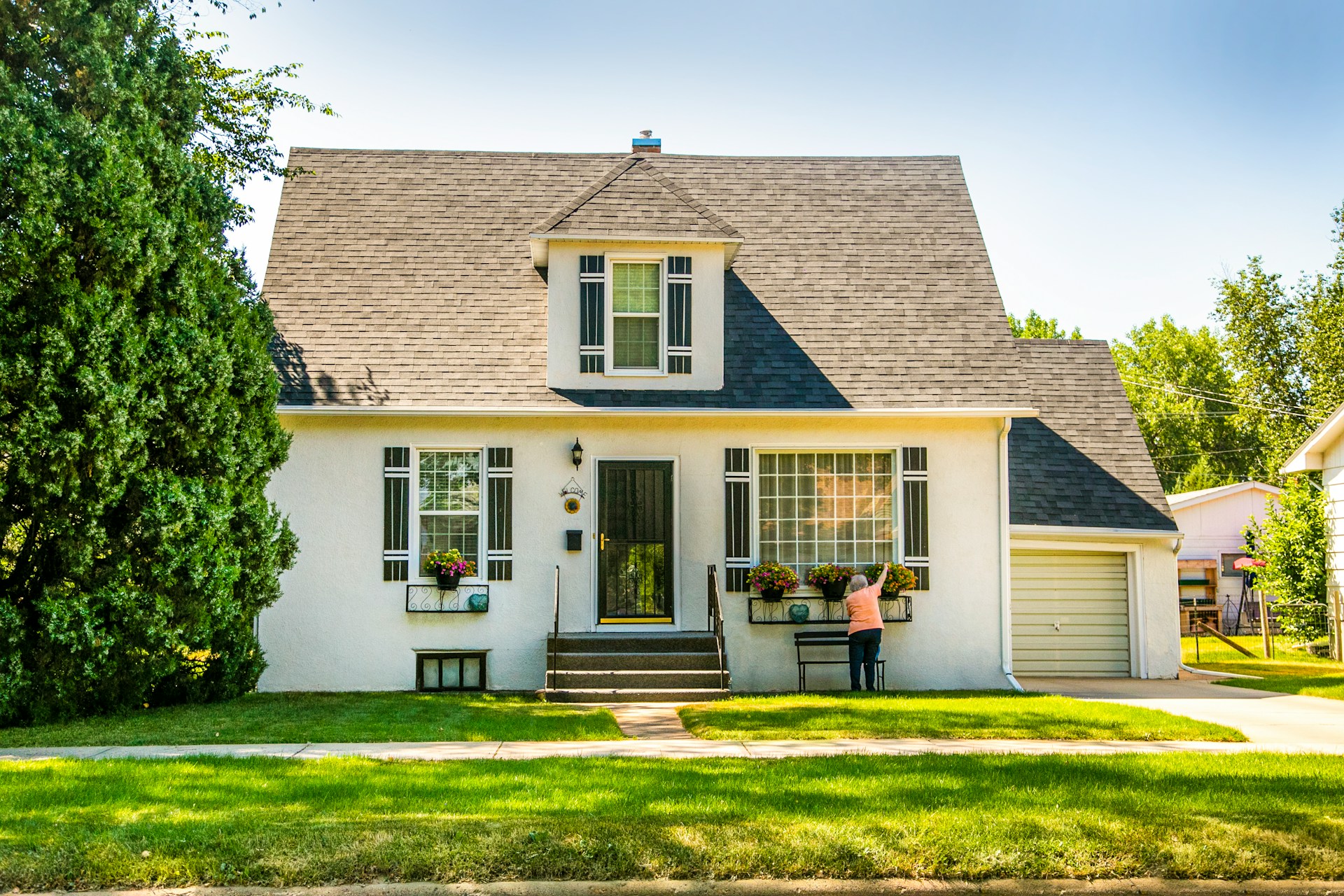When you’re buying a new house, you want reassurance that your future home is structurally sound, free of hidden problems, and isn’t going to lead to costly issues in the future.
This is where a house survey (RICS Home Survey) comes in. A RICS Home Survey provides a professional assessment of your new property’s condition, identifying any issues that might affect its value or your decision to proceed with your purchase.
To make things as simple and stress free as possible for you, we’ve put together a complete guide to house surveys, from understanding what they are to choosing the right survey type and finding a qualified surveyor.
So, what is a house survey? A house survey, known as a RICS Home Survey, is a professional assessment of a property’s condition, identifying issues that might affect its value or your decision to purchase. The surveyor conducts an inspection of the property’s structure and condition, before advising you on defects such as damp, cracking, and roof repairs.
Read on to find out which survey you need, what to expect from your surveyor, and how to find the right one for you.
What is a House Survey?
A house survey, known as a RICS Home Survey, is a professional assessment of a property’s condition, identifying issues that might affect its value or your decision to purchase. The surveyor conducts an inspection of the property’s structure and condition, before advising you on defects such as damp, cracking, and roof repairs.
The survey evaluates the integrity, safety, and condition of your home before purchasing, highlighting potential defects or risks that may need repair. A house survey is intended to give buyers peace of mind and can serve as a crucial tool in negotiating the final price or addressing any issues with the seller.
Types of House Surveys: The RICS Home Survey Standard
The Royal Institution of Chartered Surveyors (RICS) provides the industry-standard framework for house surveys in the UK, categorizing them into three levels of detail. Here’s an overview of each:
- RICS Level 1: Condition Report
The Condition Report is the most basic survey level. It offers a general assessment of the property’s condition and highlights any serious risks, focusing on immediate safety issues and essential maintenance. This survey doesn’t include advice or in-depth investigation into potential defects. It’s ideal for relatively new or conventional properties in good condition, as it’s a cost-effective option for peace of mind without an exhaustive inspection. - RICS Level 2: HomeBuyer Report
The HomeBuyer Report is a more detailed examination, ideal for standard properties in reasonable condition. This survey includes a more thorough inspection and typically provides recommendations on necessary repairs and ongoing maintenance. The HomeBuyer Report can come with or without a property valuation. It examines issues like dampness, subsidence, and structural movement, offering a more complete picture for buyers who want a greater understanding of their future home’s condition. - RICS Level 3: Building Survey
A Building Survey is the most comprehensive type of house survey and is recommended for older, larger, or non-traditional homes, especially if they have been renovated or extended. This survey dives deep into the building’s structure and condition, covering every accessible part of the property. It identifies defects, potential risks, and advice on maintenance, with detailed advice on urgent repairs or potential future issues. While the Building Survey is more costly, it provides an invaluable level of insight for properties with unique structures or possible underlying issues.
What Does a Surveyor Look For During a Survey?
During a House Survey, your Building Surveyor performs an extensive inspection of both the exterior and interior of a property. They commonly assess areas such as:
- Structural integrity: Checking for any issues with foundations, walls, roof, and other structural elements.
- Damp and mold: Identifying signs of moisture buildup that could lead to significant damage if untreated.
- Roofing and insulation: Evaluating the roof’s condition, insulation, and ventilation.
- Windows and doors: Checking for any drafts, leaks, or signs of damage.
- Pipes and drainage: Examining plumbing systems for signs of leaks, blockages, or other issues.
- Electrical and heating systems: Inspecting these for safety and efficiency.
- Environmental hazards: Noting potential issues like asbestos, lead paint, or flooding risks.
Surveyors use this information to assess whether any urgent repairs are needed, provide recommendations, and sometimes offer insights into expected maintenance costs within your House Survey Report.
Finding a RICS Chartered Surveyor For Your House Survey
Choosing a RICS-registered surveyor is crucial. RICS (Royal Institution of Chartered Surveyors) is the primary professional body for surveyors in the UK, ensuring that members meet high standards. Here’s how to find one:
- Use the RICS website: The RICS “Find a Surveyor” tool allows you to search for qualified surveyors in your area.
- Check qualifications and experience: Look for a chartered surveyor with experience relevant to the property type you’re buying.
- Ask for recommendations: A trusted recommendation from your conveyancer, mortgage advisor or a friend can help ensure quality service.
- Compare quotes: Prices and service can vary, so it’s worth obtaining several quotes to find a service that fits your needs and budget. (Tip: ask to see an example report when you request a quote!)
What to Expect During the House Survey Process
Once you’ve booked your surveyor, the process typically involves the following steps:
- Pre-survey discussion: You’ll speak with the surveyor about any specific concerns or areas you’d like them to pay attention to during the inspection.
- The survey visit: The surveyor will conduct an on-site inspection, with the time varying based on the survey type (usually from 2 to 6 hours).
- The report: Within a week or two, you’ll receive a detailed report highlighting findings, recommendations, and estimated repair costs (if applicable).
- Follow-up: You can often discuss the report with the surveyor to clarify any points and better understand any recommended actions.

Seven Things a Surveyor May Ask You During a House Survey
During the pre-house survey discussion, the surveyor might ask about:
- Specific concerns: Any issues you’ve noticed or been informed of by the seller.
- Planned renovations: If you’re planning any major changes, they’ll consider how the property’s condition might impact those plans.
- Utilities and systems: Information on the age and last servicing of systems like heating or wiring.
- Known repairs: Any known recent or planned repairs by the seller.
- Property history: Details about any extensions or modifications made to the property.
- Your future plans: Whether you plan to live in the property long-term, as this affects maintenance advice.
- Accessibility concerns: Any limitations to accessing certain areas (like a loft or roof) so they can plan accordingly.
How a Good Survey Can Help Your Conveyancer and Make the Buying Process Smoother
A thorough house survey does more than alert you to potential issues—it can significantly assist your conveyancer in the legal aspects of the purchase. Here’s how:
- Informing the contract: Survey findings can be used to negotiate contract terms, especially if urgent repairs are required.
- Clarifying responsibilities: If issues are found, your conveyancer can ensure repair responsibilities are agreed upon before completion.
- Providing leverage in price negotiations: Should the survey reveal significant issues, you may be able to negotiate a reduced price to cover repair costs.
- Streamlining the mortgage process: Some lenders may request further information if issues are noted, and having a survey report available can expedite this process.
- Preventing future disputes: A clear understanding of the property’s condition at the time of purchase helps reduce the risk of disputes later.
Home Surveys From Fourth Wall
Ultimately, a well-executed house survey can help you make an informed decision, negotiate the best deal, and enjoy peace of mind knowing that your new home has been thoroughly vetted. It’s an invaluable step in securing your investment and navigating the buying process smoothly.
Whether you’re purchasing your first home or a unique historical property, getting a professional survey is a wise step that will help protect your investment. Understanding your options and working with a trusted RICS surveyor can make all the difference.
To get an instant quote for a bespoke Home Survey from Fourth Wall: click here: https://fourthwallbc.com/quote/If you’d like to chat to our expert team, give us a call on 0114 400 0254 or email reimagine@fourthwallbc.com




